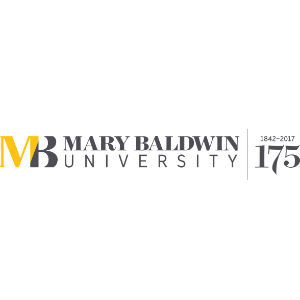Writer’s Read at EMU features Mary Baldwin University professor, poet, novelist
 “Historical Fiction, Tudor England, Gardening, Herbs and Poetry” reads the tagline on Dr. Sarah Kennedy’s website. Kennedy – poet, novelist, and Mary Baldwin University professor – will appear at Eastern Mennonite University (EMU) Feb. 2 as part of the Writers Read series. Kennedy will read from and comment on her work at 6:30 p.m. in Common Grounds.
“Historical Fiction, Tudor England, Gardening, Herbs and Poetry” reads the tagline on Dr. Sarah Kennedy’s website. Kennedy – poet, novelist, and Mary Baldwin University professor – will appear at Eastern Mennonite University (EMU) Feb. 2 as part of the Writers Read series. Kennedy will read from and comment on her work at 6:30 p.m. in Common Grounds.
Kennedy has won the Cleveland State University Press Open Competition, the Elixir Press Prize in Poetry, and grants from the Virginia Commission for the Arts and the National Endowment for the Humanities. She teaches creative writing, Renaissance literature and Shakespeare at Mary Baldwin.
Professor Mike Medley, chair of the Language and Literature department, says he was first impressed to discover “a scholar at a neighboring institution who had published so much poetry and fiction.”
“My poems ranged in subject from the painfully personal to the distantly narrative, and as I grew older, those autobiographical tendencies waned,” Kennedy wrote for literary blog “Layered Pages.”
Kennedy’s time in the U.K. studying the lives of eighteenth century women was a pivotal experience in her writing career.
“I was particularly interested in women’s spiritual and domestic lives, and this curiosity led me to read the medieval mystics” she says. “All of these women suffered for their beliefs, and I wanted to know how ordinary women might have coped with the great changes in England as it shifted from being a Roman Catholic to a Protestant country.”
This research inspired her to enter the historical fiction field, and in 2013 she published The Altarpiece (Knox Robinson Publishing), the first in a series about a young nun thrust into a hostile political-religious environment under King Henry VIII’s rule.
“Despite the fact that the novel is set in the 16th century,” says Medley, “some of the themes are very contemporary: violence against women, women’s struggle to exercise the full range of their gifts and the universal questioning of faith in the face of disease, violence, betrayal and death.”
“People have to have stories to make sense of their lives,” said Kennedy in a 2013 interview. “It’s one of the reasons we crave fiction; we need to shape events in such a way that they conform to our notions of right and wrong, of justice and fairness—and to our notions of the reality of danger and evil.”









